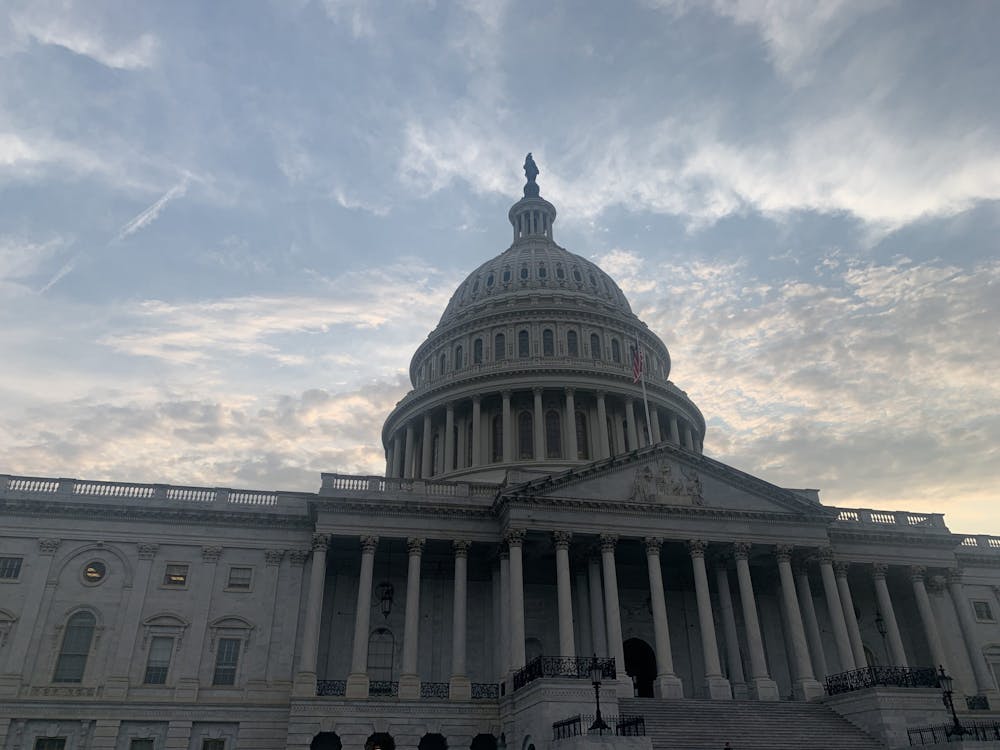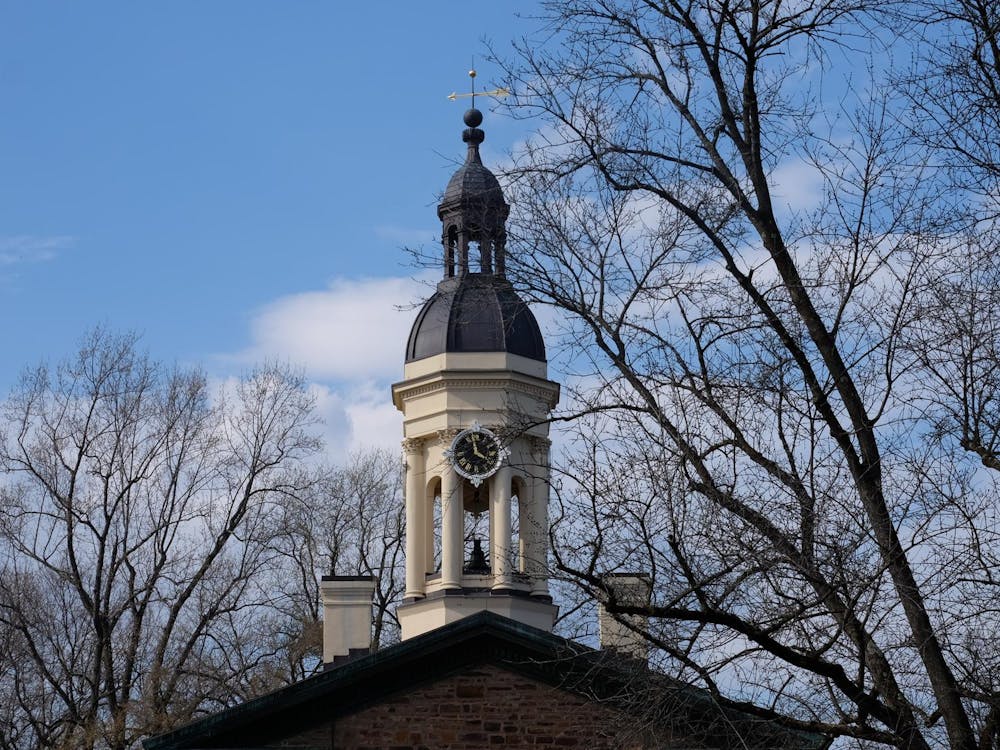Claudine Gay, the former President of Harvard University, resigned on Jan. 2 in the wake of plagiarism allegations levied against her and her controversial testimony in front of Congress. Gay’s resignation sparked a nationwide debate over leadership, integrity, and standards in higher education. The Daily Princetonian spoke to three Princeton alumni who have served in top administrative roles at other universities, including as presidents, to hear about their thoughts on Gay’s resignation and what it means for the world of higher education. They widely expressed that — despite the political motivations behind some of the criticism — Gay’s resignation was ultimately justified.
Nicholas Allard ’74 is the dean of Jackson University College of Law and served on Princeton’s Undergraduate Honor Committee for four years, including as its chair his senior year.
“By resigning, [Gay] put the university’s best interest under the unfortunate circumstances first,” he told the ‘Prince.’
David Yellen ’79 was President of Marist College and currently serves as the Dean of the University of Miami School of Law. He called Gay’s errors “the sloppy type of inadequate citation — not stealing other people’s ideas — and therefore she could have weathered it if it had been at a fraction of the number of times that it had seemed to have happened, but it was a lot.”
Gay received a number of allegations of plagiarism, “including her 1997 Ph.D. dissertation at Harvard.” For example, she was accused of “lifting two paragraphs” from D. Stephen Voss and Bradley Palmquist’s “Racial Polarization and Turnout in Louisiana: New Insights from Aggregate Data Analysis” with minimal rearrangements and revisions to fit her dissertation, while providing no citation of the authors.
University faculty have faced similar allegations of plagiarism in the past. In 2022, Princeton history professor Kevin Kruse was accused of plagiarism in his doctoral dissertation by conservative historian Phillip Magness. Separate investigations by the University and Cornell University, where Kruse received his doctorate, found multiple citation errors, but no instances of deliberate plagiarism. Kruse said following the investigation that Princeton determined that his actions “did not constitute a violation of the research misconduct policy.”
At Princeton, academic integrity guidelines are notoriously strict, ranging from suspensions of one semester up to three years as potential penalties for violating the Honor Code. The Honor Code has been lauded by University officials in the past as a guiding principle of Princeton.
In 2003, Shirley Tilghman, Eisgruber’s predecessor, told graduates that “For 110 years, this pledge has symbolized the importance we place on academic integrity — on doing your own work and on properly acknowledging when you draw upon the ideas of others ... It takes courage to report a violation of the Honor Code.”
Notably, Tilghman is a member of the Harvard Corporation, the governing body that will run the search for the university’s next president. She has served on multiple prominent plagiarism reviews, including a four-person subcommittee Harvard formed to review accusations of plagiarism against Gay made in the New York Post in October. Last year, Tilghman was also on a review panel for allegations of research misconduct against then-Stanford president Marc Tessier-Lavigne, who resigned in July. Tilghman declined a request for comment from the ‘Prince.’
The administrators the ‘Prince’ spoke with agreed that high academic standards for plagiarism and citation are essential.
W. Taylor Reveley III ’65, former President of William & Mary, told the ‘Prince’ in an interview that “presidents, provosts, deans, and other administrators need to avoid plagiarism just as much as professors, researchers, and students do.”
Allard agreed, saying that “administrators and faculty who are role models and teachers should strive to set excellent … examples of ethical, moral, and professional integrity.”

But plagiarism was not the only controversy that led to Gay’s downfall. Gay was thrust into the national spotlight after widely-criticized remarks at a Dec. 5 Congressional hearing where she — along with former University of Pennsylvania President Elizabeth Magill and MIT President Sally Kornbluth — was asked whether calls for genocide of Jews would violate university policies. Gay gave a technical answer, referring to Harvard’s code of conduct and saying that it would depend on context.
All three individuals interviewed agreed that political motivations played a role in the line of questioning Gay faced before Congress, though they believed her response did not justify her resignation.
Yellen said the presidents “fell for a trap by a crafty politician … I think they all blew it, but none of them should have lost their job over that.”
Allard stated that Gay’s resignation held political undertones, and told the ‘Prince,’ “without question, a great deal of the criticism about her performance was politically motivated and part of unsubstantiated attacks about the value of higher education.”
Yellen echoed this sentiment and told the ‘Prince’ that “at the beginning, the allegations were clearly coming from people who were politically motivated to oppose Gay and Harvard, and they were just using this plagiarism stuff as a tool for their political agenda. Gay hadn’t been president long enough to have made a lot of other decisions of any type that weighed against her.”
The discussion of the political motivations behind the campaign to oust Gay extends to matters of diversity, inclusion, and racism in higher academia. Some civil rights activists have characterized Gay’s resignation as being motivated by racist attacks against her.
Reveley summarized, “[Presidents’] tenures in office are more a matter of politics than fairness. The questions involving Gay and plagiarism, as well as the damage she incurred during a congressional hearing, created serious difficulties for her on campus.”
“Whether fair or not, that was reality. Life is not always fair, especially for leaders.”
Meghana Veldhuis is a staff News writer for the ‘Prince.’
Please send any corrections to corrections[at]dailyprincetonian.com.








